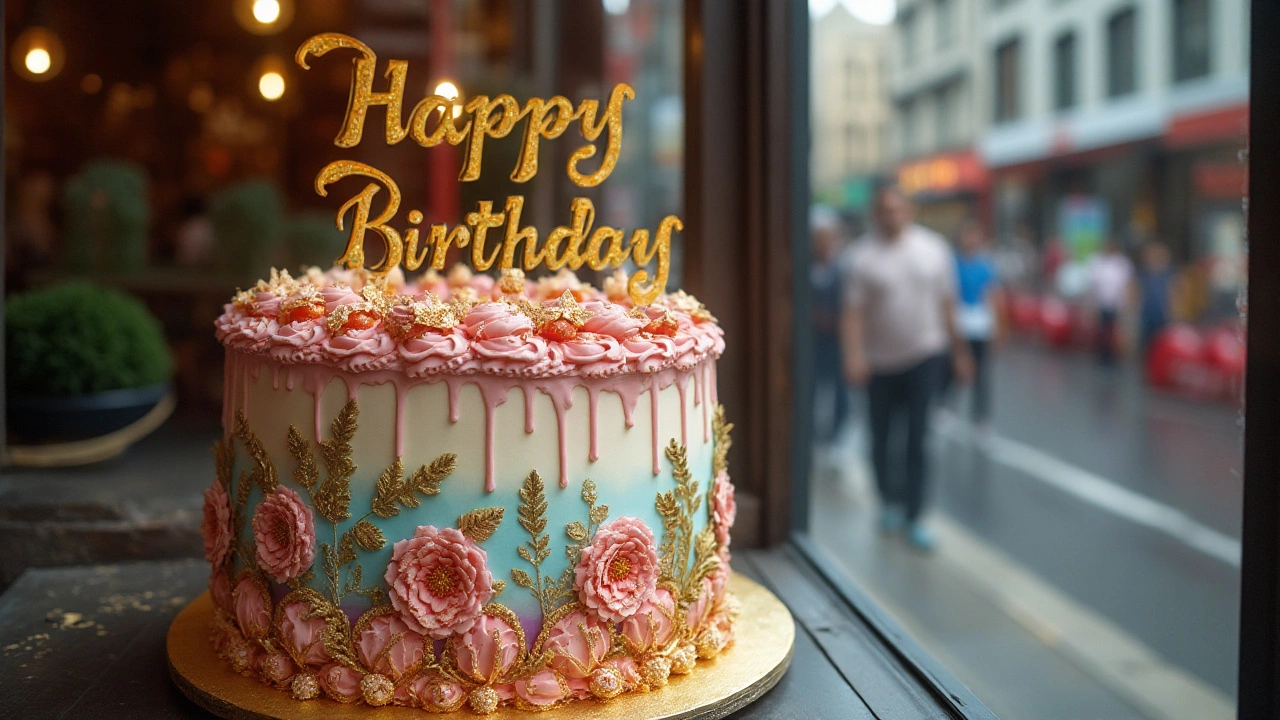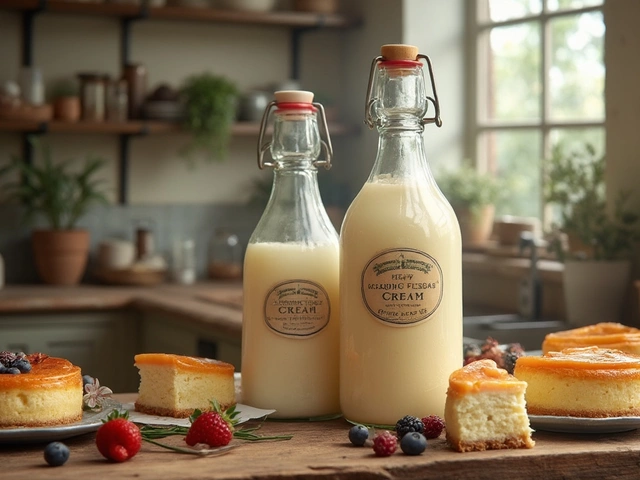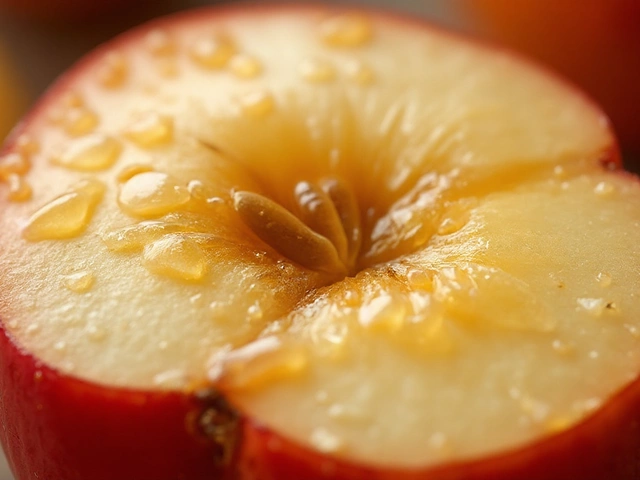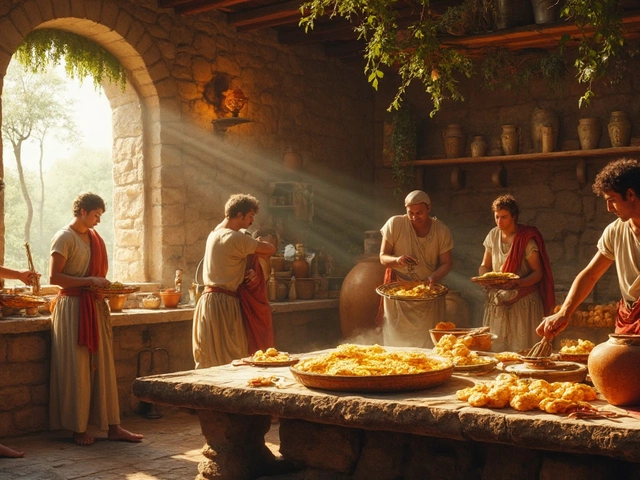Baking Prices: What You Really Pay When You Bake
Ever wonder why a simple chocolate cake seems pricey compared to a store‑bought slice? The answer isn’t magic – it’s the sum of every ingredient, tool, and little extra that goes into the recipe. Knowing where your money goes helps you plan, save, and still enjoy tasty treats.
Ingredient Costs You Can’t Ignore
Flour and sugar are the backbone of most desserts, but prices vary. A 5‑kg bag of plain flour might cost £2‑£3, while specialty flours like almond or spelt can be £8‑£12 for the same weight. Sugar is cheaper, but brown sugar or demerara adds a few pennies per 500 g.
Butter is a big budget breaker. A 250 g block of good quality butter runs £2‑£3, and many recipes call for multiple blocks. If you switch to a margarine blend, you’ll cut cost but may lose flavor. For chocolate lovers, buying bulk blocks and melting them yourself is far cheaper than premade chips.
Eggs are another surprise. In the UK, a dozen eggs costs about £2.50, but premium free‑range eggs can be £4‑£5. If a recipe needs six eggs, that’s a noticeable chunk of the total cost.
Don’t forget pantry staples like baking powder, cocoa powder, and vanilla extract. A small bottle of vanilla may be £4‑£6 and lasts for many batches, but it can spike the cost of a single batch of vanilla cupcakes.
Equipment & Extras: Hidden Expenses
Most home bakers start with a basic set of tools, but certain recipes call for specific gear. A good stand mixer costs £100‑£250, while a hand‑mix can be as low as £20. Baking mats, silicone liners, and quality cake pans add up quickly – a decent 20‑cm springform pan is around £10.
Energy usage is subtle but real. An oven running at 180 °C for 45 minutes uses roughly 1.2 kWh, costing about £0.20 per bake. If you bake multiple trays, factor that in.
Finishing touches like frosting, edible decorations, and packaging also matter. A tub of ready‑made buttercream can be £3‑£4, while making your own from butter and powdered sugar is often half that price.
When you add up ingredient totals, equipment wear, and energy, a simple batch of cupcakes can cost anywhere from £5 to £12 to produce, depending on the quality you choose.
Now that you see where the money goes, here are three quick ways to keep your baking budget low:
- Buy in bulk. Large bags of flour, sugar, and cocoa are cheaper per gram. Freeze extra portions to keep them fresh.
- Swap pricey ingredients. Use oil instead of butter for certain cakes, or blend cheaper chocolate with a small amount of high‑quality couverture.
- Reuse and repurpose. Turn leftover cake crumbs into truffles or crumble for ice‑cream toppings – you get more mileage out of each bake.
Understanding baking prices helps you decide when to splurge and when to save. Whether you’re budgeting for a wedding cake, a birthday treat, or a weekly dessert, a clear cost picture makes every slice worth the effort.

The Rising Cost of Birthday Cakes: A Delicious Investment
As birthday cakes become central to celebrations, their rising costs can perplex party planners. Factors like custom designs, premium ingredients, and skilled artisanship contribute to these growing expenses. Understanding these elements allows consumers to make informed choices or explore budget-friendly alternatives. This discussion unpacks the layers of what makes a cake costly and offers tips for celebration planning.
View More



